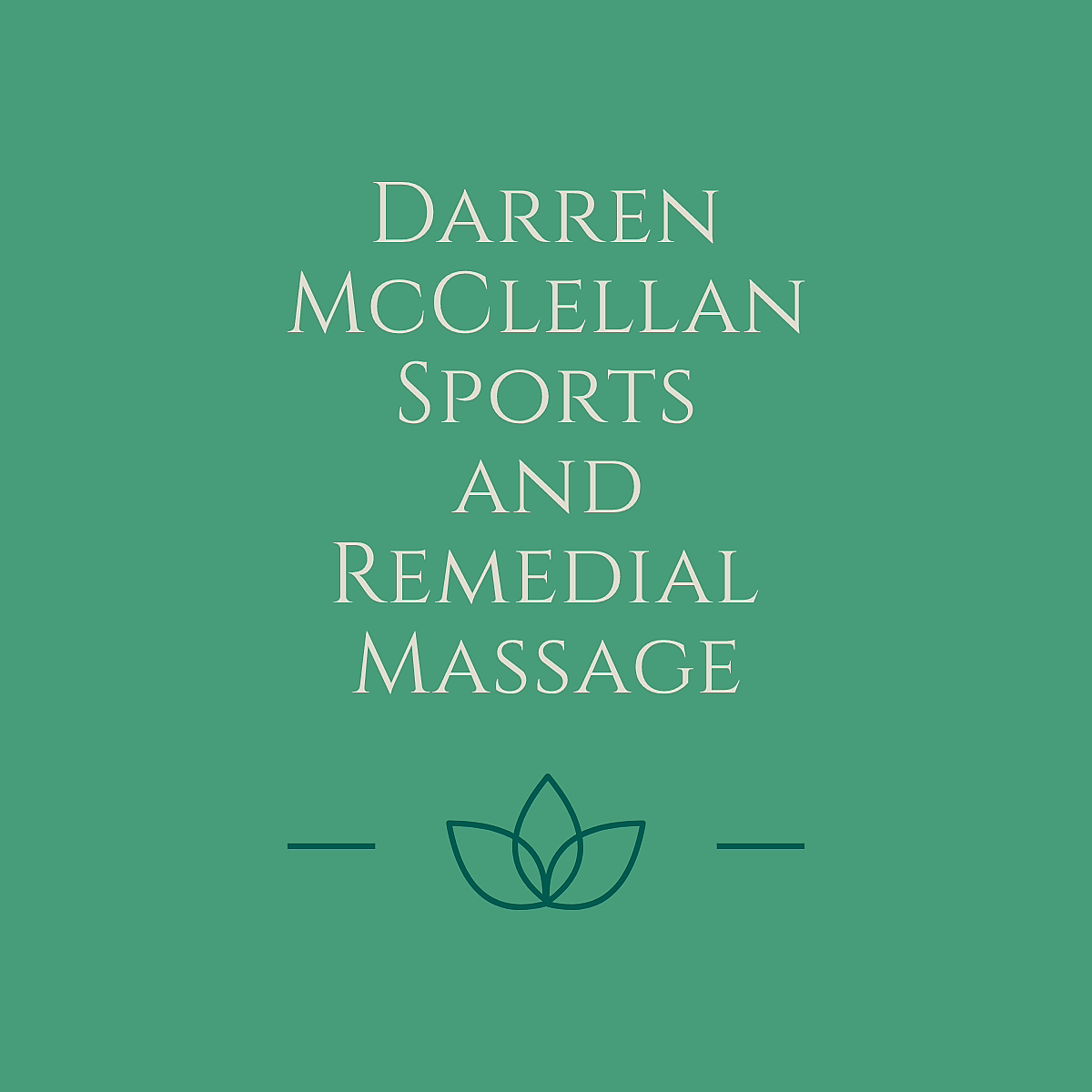Injuries and the Overflow Glass of Water Effect: Balancing Life's Challenges
- DM Sports and Remedial Massage

- Aug 30, 2023
- 3 min read

Life is an unpredictable journey filled with moments of joy and challenges. One such challenge we all encounter at some point in life is facing injuries. Injuries can be physical, emotional, or even psychological, and their impact often resembles the overflow effect of a glass of water. This analogy helps us understand how injuries accumulate and ultimately overflow when we neglect to address them promptly. In this blog, I will explore the concept of the overflow glass of water effect and how it relates to the way we deal with injuries in our lives.
Understanding the Overflow Glass of Water Effect
Imagine a glass of water slowly filling up drop by drop. Each drop represents a minor stress, inconvenience, or injury we experience throughout our lives. At first, these individual drops seem insignificant, but as time goes on, they begin to accumulate. Without proper attention and care, the glass continues to fill, reaching its critical point, and finally, a single additional drop causes the water to overflow. This overflow is symbolic of a breaking point, where the accumulated injuries become overwhelming and difficult to manage.
Comparing Injuries to the Overflow Glass of Water Effect
Accumulation: Just like the water in the glass, injuries can accumulate over time. These injuries can be physical, such as repetitive strain injuries from poor posture or emotional injuries resulting from unresolved traumas. We often ignore or downplay these minor injuries, not realising the cumulative effect they can have.
Coping mechanisms: As the water level rises in the glass, we might try to balance it or use external support to keep it from overflowing. Similarly, when we face injuries in life, we often develop coping mechanisms to deal with the pain or discomfort. While these coping mechanisms may temporarily alleviate the issue, they might not address the root cause, allowing the injuries to persist and compound.
Neglect: The longer we neglect emptying the glass, the more likely it is to overflow. Similarly, neglecting to address injuries properly can lead to their exacerbation. Ignoring pain, dismissing emotional distress, or failing to seek medical attention for physical injuries can all contribute to a more significant problem down the line.
Impact on well-being: When the glass overflows, it creates a mess and potentially damages the surrounding area. Likewise, injuries that reach a tipping point can disrupt our lives significantly. Physical injuries may limit our mobility and daily activities, emotional injuries can affect our mental health, and psychological injuries may impact our relationships and overall well-being.
Managing the Overflow Glass of Water Effect - Tips for Dealing with Injuries
Acknowledge and address minor injuries: Don't dismiss minor injuries as inconsequential. Recognize their presence and take appropriate steps to address them promptly. Whether it's seeking medical attention, talking to a therapist, or taking a break to rest and recuperate, addressing injuries early can prevent them from compounding.
Build resilience: Just as a sturdy glass can better withstand the overflow effect, cultivating resilience in life can help us navigate challenges more effectively. Focus on building a support network, practicing self-care, and developing healthy coping mechanisms.
Seek professional help: Sometimes, injuries are beyond our ability to manage on our own. Don't hesitate to seek professional help when needed. Whether it's consulting a healthcare provider, a counselor, or a specialist, seeking expert guidance can make a significant difference in recovery.
Life's injuries are akin to the overflow effect of a glass of water. Neglecting to address and manage these injuries can lead to overwhelming consequences. By recognizing the analogy between the two and taking proactive steps to manage injuries in a timely and appropriate manner, we can maintain a healthier balance and effectively navigate life's challenges. Remember, every drop counts, so let's take care of ourselves and those around us, ensuring our glasses never overflow.





Comments